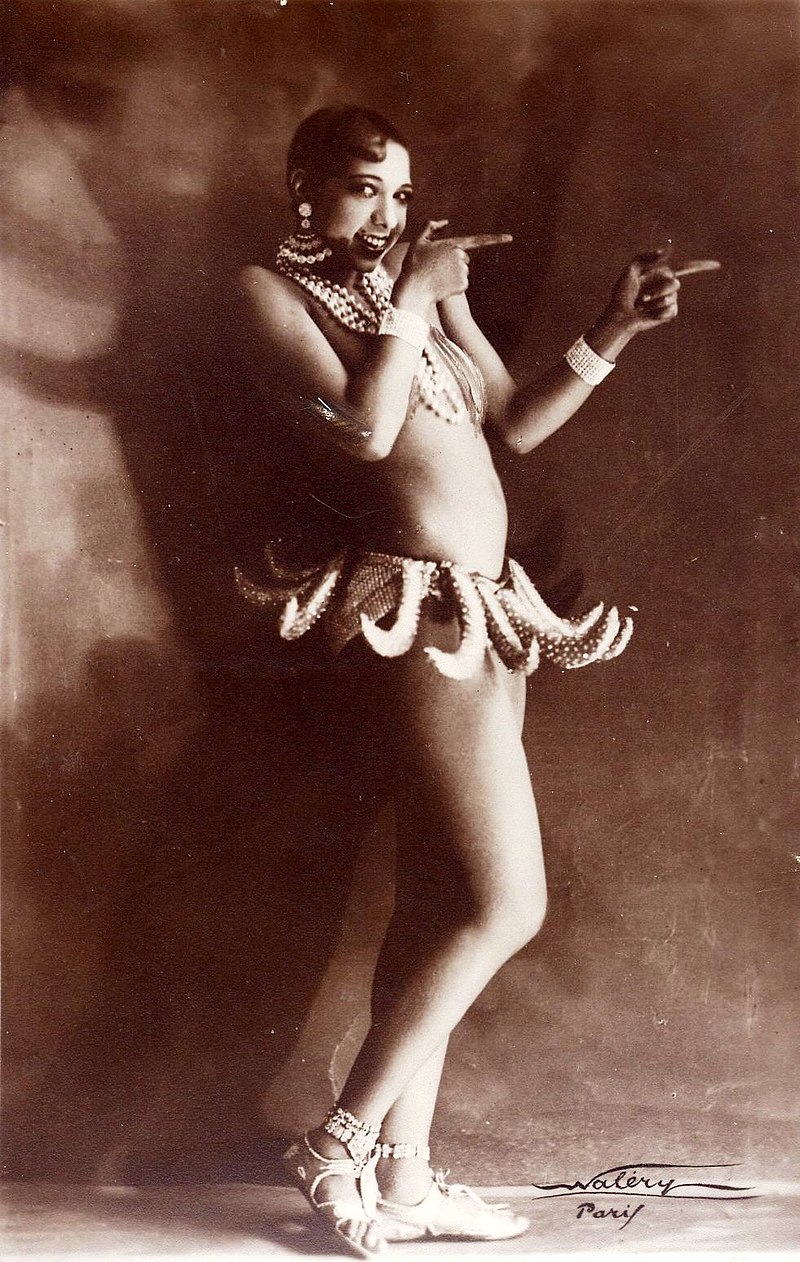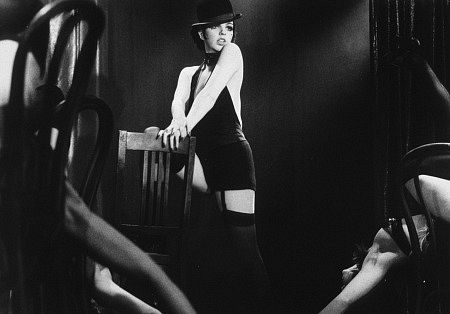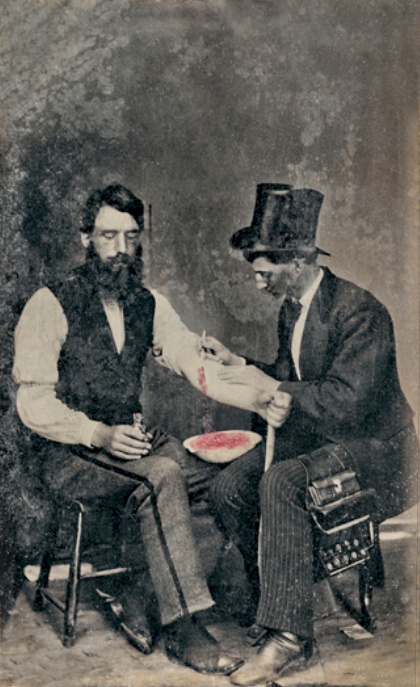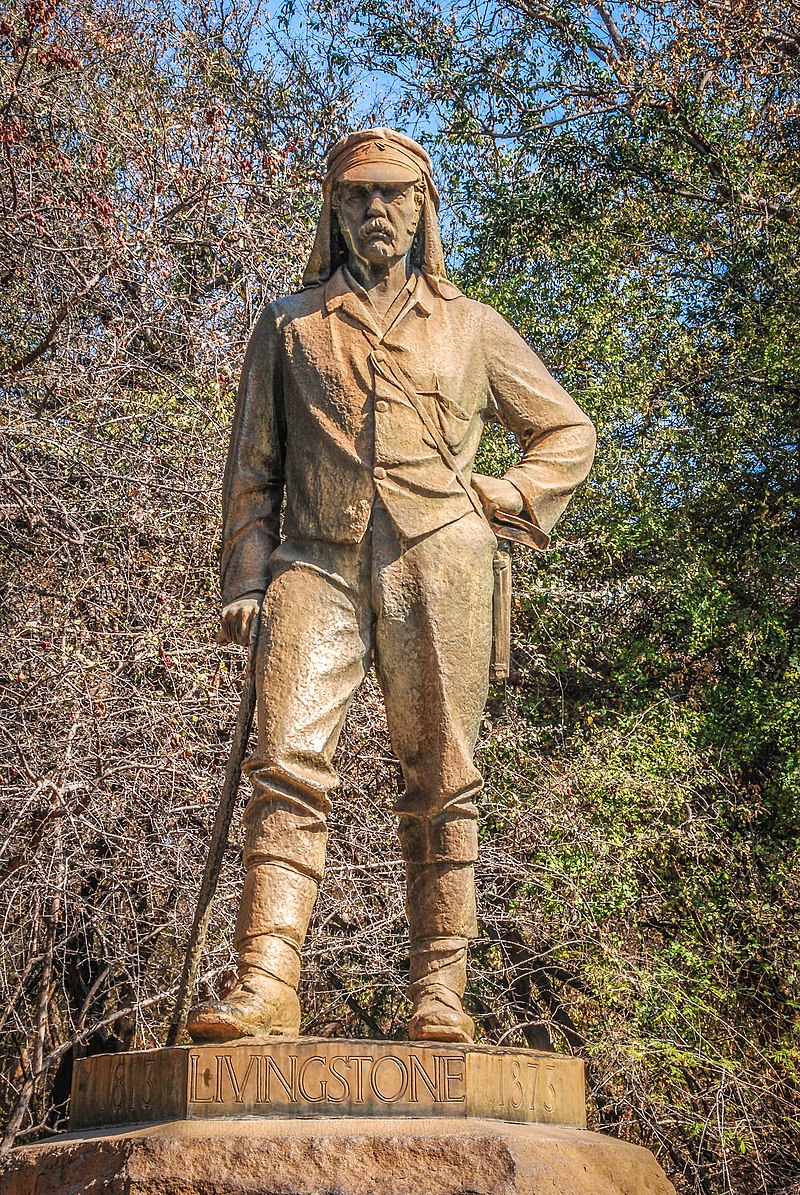 |
| Baker - 1926 |
No, my real problem is that it's so historically inaccurate. (Yeah, I think that way.) For example, the video below (SPOILER ALERT - there is some nearly nudity). My problem isn't with the girls in bananas - that's straight up Josephine Baker - but the people on the dance floor in the video, who are basically freaking line dancing. I mean, it is a 1920's Berlin nightclub, full of smoke, alcohol, and opium, so there wouldn't be much coordinated syncopation going on, if you know what I mean.
 |
| Marlene Dietrich in her breakthrough role The Blue Angel, 1930 |
 |
| Liza Minelli doing Dietrich in Cabaret |
But back to Babylon Berlin, which does not have THAT problem, but instead suffers from massive PCS, a/k/a Plot Complexity Syndrome: No one is ever who or what they seem, to the point where you can't help but wonder where they're buying all those disguises, and what phone booth are they using to put them on. And why no one ever recognizes someone's long-lost whatever by their freaking voice, which wouldn't change, even if everything else has had plastic surgery... And of course, every twist has another twist that twists back on itself and then corkscrews. And it would take a silver bullet from the hand of Dracula himself to kill some people off. Shooting them, pushing them off tall buildings, beating them to a pulp - it just makes them mad.
The problem with PCS, in movies or in novels, is that the excessive plot takes up all space for actual characters. Yes, we're given heroes and heroines, but they don't have time to actually, think about anything, or have more than four basic emotions, fear, lust, anger, and... well, maybe just the three. They're too busy: there's sex, there's violence, there's the few moments actually at work, there's more sex, there's drugs, and they're always running from or to or after somebody or something. That's another reason I call Babylon Berlin a guilty pleasure: there's no there there, except for the plot, and that'll just give you a headache. Stick with the visuals, kid, it's a lot more fun.
 That cannot be said about my favorite of all "babylon" type movies: Lina Wertmüller's 1975 Seven Beauties.
That cannot be said about my favorite of all "babylon" type movies: Lina Wertmüller's 1975 Seven Beauties.Seven Beauties is what they call a picaresque movie. Episodic, and all revolving around our hero Pasqualino Frafuso a/k/a Settebellezze, i.e., "Seven Beauties". He's called that because he has seven very unattractive, unmarriageable sisters, and his role as the man is to keep them all virtuous until marriage. Meanwhile, of course, Pasqualino's doing every woman he can get his hands on. Giancarlo Giannini is brilliant in the role: Pasqualino is a self-obsessed dandy, a wanna-be Mafioso, and a fool - God, what a fool! - and we can't take our eyes off of him.
Here's the basic plot: Pasqualino kills a pimp who's whored out his oldest sister. That lands him in jail; he pleads insanity. That lands him in the insane asylum; he volunteers to fight in WW2. And that lands him in hell. He ends up in a German concentration camp, and how our hero survives that has to be seen to be believed.
How everyone who survives has to be seen to be believed. (To the right is the clip shown at the Oscars. While I couldn't find it with subtitles, I'm not sure that it needs it.)
Along the line, Seven Beauties expresses ideas about Italian manhood, womanhood, life, survival, and the long-standing difference... dislike... sometimes war, between Northern and Southern Europe. This shows up in everything European, literature, art, habits, war. The Southern view of Northern Europeans is that they live so much in their minds and their jobs that they've lost all sense of nature, of humanity. As Pedro, an anarchist in the concentration camp says:
Pedro: But soon, very soon, a new man, a new man will be born. He’ll have to be civilized, not this beast who’s been endowed with intelligence and obliterated the harmony in the world and brought about total destruction just by disturbing nature's equilibrium. A new man… able to rediscover the harmony that’s within.
Pasqualino: You mean, put things in order?
Pedro: Order? No, no, the orderly ones are the Germans. No, a new man in disorder is our only hope. A new man… in disorder.
Meanwhile, Northern Europeans look down on Southern Europeans as a lazy group of hedonists who work only enough to get in a harvest and then spend the rest of their time eating, drinking, and screwing. They're poor, and it's their own damn fault, they're like rats or sheep or... Why do you think the Germans enjoyed putting the economic screws to the Greeks so much? They deserved it.
Look, the real war between the North and the South is, at base, the war between the rich and the poor. And the poor win because they will do anything to stay alive. The Commandant of the concentration camp in Seven Beauties says to Pasqualino, "You disgust me. Your thirst for life disgusts me. You have no ideals. You have found the strength for an erection, that’s why you'll survive. All our dreams for a master race—unattainable.”
Look, the real war between the North and the South is, at base, the war between the rich and the poor. And the poor win because they will do anything to stay alive. The Commandant of the concentration camp in Seven Beauties says to Pasqualino, "You disgust me. Your thirst for life disgusts me. You have no ideals. You have found the strength for an erection, that’s why you'll survive. All our dreams for a master race—unattainable.”
Seven Beauties has all of the decadence, sex, and violence that anyone could want - plus a hell of a lot of humor that pushes the boundaries of everything and everyone. But it also has a thirst for life - a sheer enjoyment of life - that no other "babylon" movie I've ever seen has.
BTW - Lina Wertmüller became the first woman in history nominated for Best Director for Seven Beauties (and it didn't happen again until 1993, with Jane Campion's The Piano) and Giancarlo Gianinni was nominated for Best Actor for playing Pasqualino.
John Avildsen won that year for Rocky. Lina was robbed.













